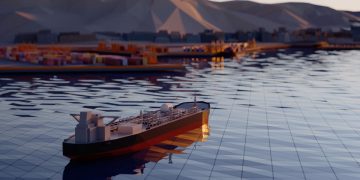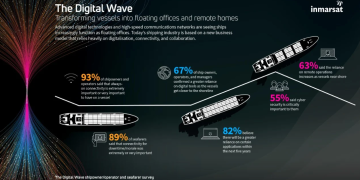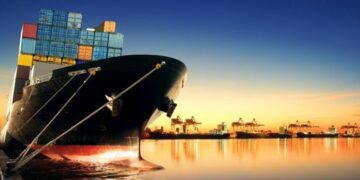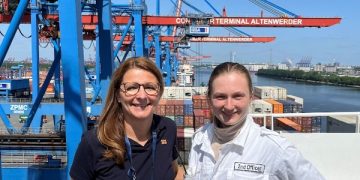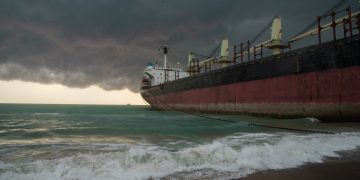Scientists reveal algal oil potential as fuel for the future
Researchers at the Scottish Association for Marine Science (SAMS) have unlocked a treasure chest of ‘super-algae’ that could provide a previously untapped source of oil.Using a newly devised technique, scientists examined micro-algae strains in the Culture Collection of Algae and Protozoa (CCAP), an internationally important algal store based at SAMS in Oban, to find out which ocean-based strains had the highest oil content.The screening revealed two marine strains, Nannochloropis oceanica (pictured below) and Chlorella vulgaris, which had a dry-weight oil content of more than 50 per cent. This makes them ideal sources of biofuel for vehicles and aircraft.The results of the screening, part of the BioMara project, have been published in Nature’s online journal Scientific Reports and are likely to help bring forward research into algae as a source of biodiesel and other biofuels by a number of years.SAMS scientists have demonstrated that Nannochloropsis, for example, is very efficient at converting nutrients, so it has the perfect combination of high levels of oil and high productivity.The report’s lead author, Dr Stephen Slocombe, SAMS research associate in molecular biology, said: “In order to produce biofuels from micro-algae we will have to generate high yields, so we need to know which strains ...
Read more
















